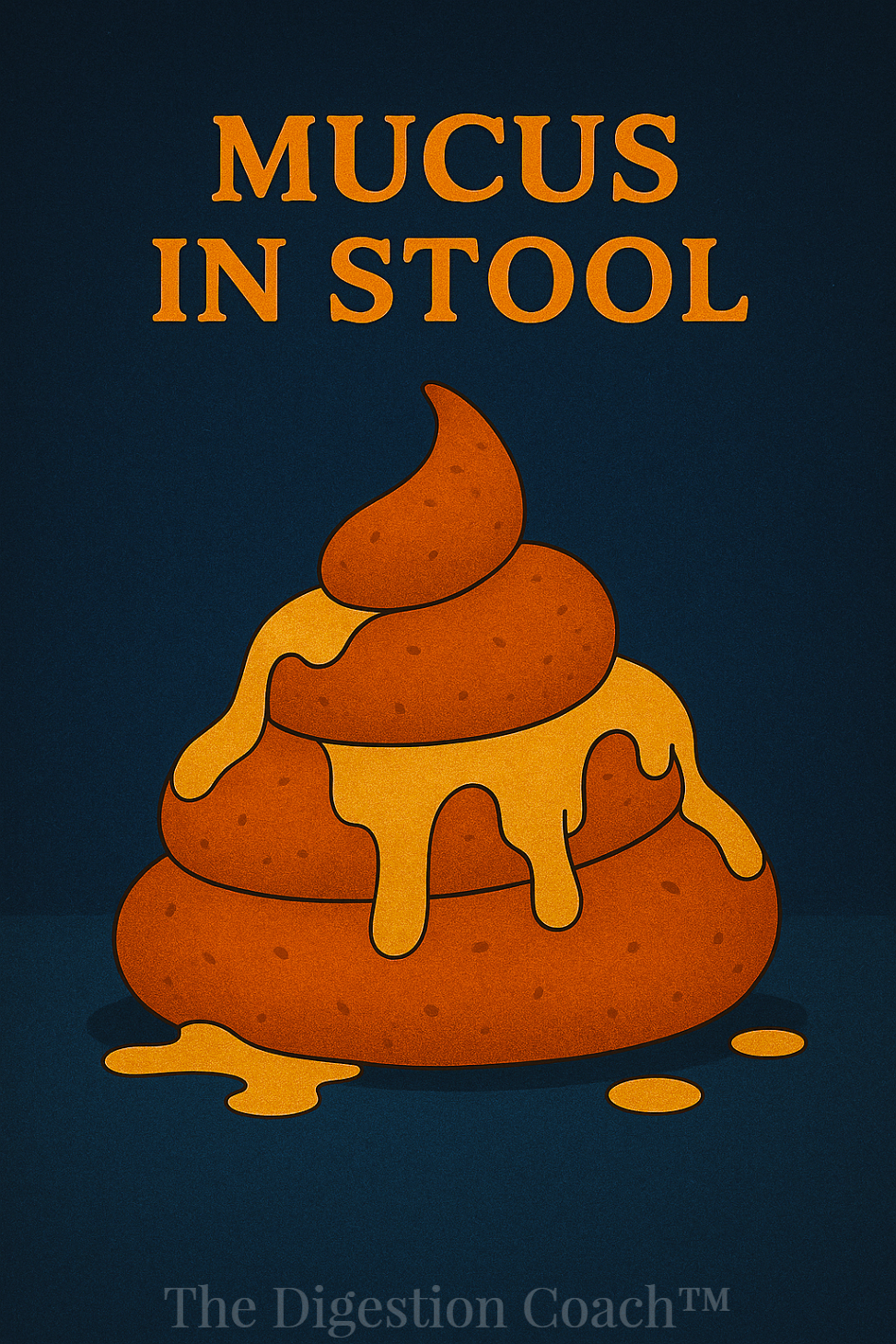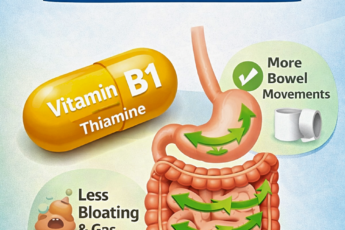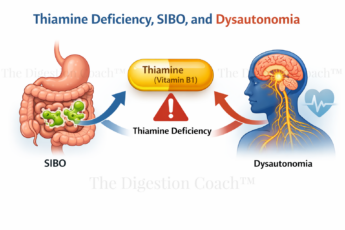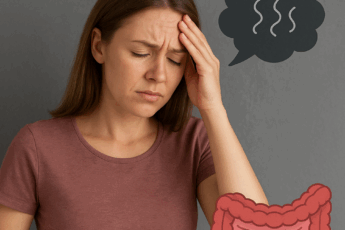Is Mucus in Your Bowel Movement Normal? Understanding Causes and When to Seek Help
A small amount of mucus in stool is normal and often goes unnoticed. Mucus, produced by the intestinal lining, protects the gut from bacteria, digestive acids, and toxins while lubricating stool for easier passage. However, visible or excessive mucus can signal gut health issues like inflammatory bowel disease (IBD), infections, or other conditions.
Why Mucus Matters in Gut Health
Mucus forms a protective barrier in the intestines, maintaining a stable environment and aiding stool passage. Problems with this barrier can lead to inflammation, contributing to conditions like IBD, where mucus in the stool is a key symptom. A key gut bacterium, Akkermansia muciniphila, helps maintain the mucus layer by metabolizing mucin, promoting a healthy gut barrier. Low levels of Akkermansia are linked to inflammation and conditions like IBD, highlighting the microbiome’s role in mucus-related gut health (Cleveland Clinic, 2025).
Is Mucus in Stool Normal?
Small amounts of mucus—often clear or tawny and barely noticeable—are normal, as the large intestine’s mucous membrane helps stool pass (Mayo Clinic, 2025; Kasırga, 2019). A typical bowel movement produces minimal mucus, and you may not see it.
Visible mucus, especially if frequent or thick, may indicate:
- Inflammatory bowel disease (e.g., Crohn’s disease, ulcerative colitis)
- Irritable bowel syndrome (IBS)
- Infections
- Colorectal cancer
- Other conditions
Reference: Kasırga, E. (2019). The importance of stool tests in diagnosis and follow-up of gastrointestinal disorders in children. Turk Pediatri Ars, 54(3), 141–148. doi: 10.14744/TurkPediatriArs.2018.00483.
When to Contact a Doctor
See a doctor if you notice:
- Increased or visible mucus
- Blood or pus in the stool
- Stomach pain, cramping, or bloating
- Sudden changes in stool frequency, consistency, or color
Urgent Symptoms: Seek immediate care if mucus is accompanied by severe pain, weight loss, or bright red/black stools, as these may indicate serious conditions like colorectal cancer.
Common Causes of Mucus in Stool
Mucus in stool affects millions—IBD impacts over 3 million Americans, and IBS affects up to 15% of adults worldwide (Crohn’s & Colitis Foundation, 2025; NIDDK, 2025). Here are possible causes:
- Crohn’s Disease (a type of IBD):
- Inflammation in the digestive tract
- Symptoms: persistent diarrhea, rectal bleeding, abdominal pain, urgent bowel movements, incomplete evacuation
- Ulcerative Colitis (UC) (another IBD):
- Inflamed, ulcerated large intestine
- Symptoms: urgent/loose stools, blood/mucus in stool, abdominal cramps, diarrhea
- Irritable Bowel Syndrome (IBS):
- Whitish mucus with bloating or alternating constipation/diarrhea
- Symptoms: abdominal pain, sensation of incomplete bowel movements
- Proctitis:
- Inflamed rectal lining
- Symptoms: urgent bowel movements, mucus/pus from rectum, rectal pain, diarrhea, constipation
- Intestinal Infections:
- Caused by bacteria, viruses, or parasites (e.g., dysentery)
- Symptoms: diarrhea, cramping, nausea, fever, blood/mucus in stool
- Colorectal Cancer:
- Mucus streaked with blood from the colon/rectum
- Symptoms: changes in bowel habits, dark/bright red stools, cramping, fatigue, weight loss
- Anal Fissures:
- Small tears in the rectal lining
- Symptoms: mucus/blood in stool, pain during bowel movements
- Other Causes:
- Celiac disease (gluten intolerance)
- Low dietary fiber
- Intestinal parasites (e.g., tapeworms, pinworms)
- Cystic fibrosis (excess mucus in the intestines)
Next Steps
If you notice mucus in your stool, especially with other symptoms, consult a doctor. They may recommend tests like stool analysis, blood tests, or a colonoscopy to identify the cause.
Prevention Tip
Eating fiber-rich foods (e.g., fruits, vegetables, whole grains, and legumes) can promote gut health and support healthy stool formation, reducing mucus-related issues. Please read Indigo as a Novel UC Therapy: A Gut Health Breakthrough
COMPLIMENTARY 15-MINUTE CALL
Take your first step toward a renewed sense of well-being. Call today to arrange a complimentary 15-minute consultation.
Let’s discern whether my approach aligns with your needs.
I look forward to connecting with you at 714-639-4360.










